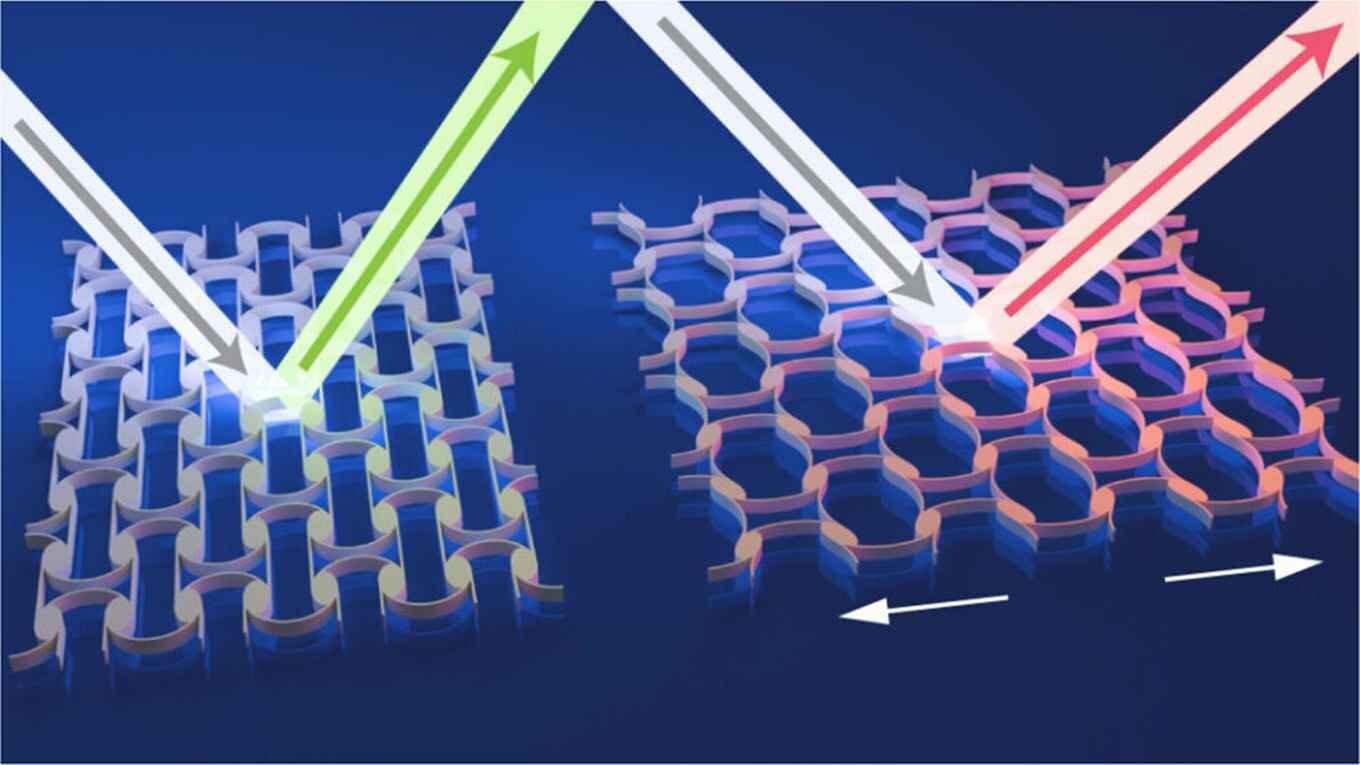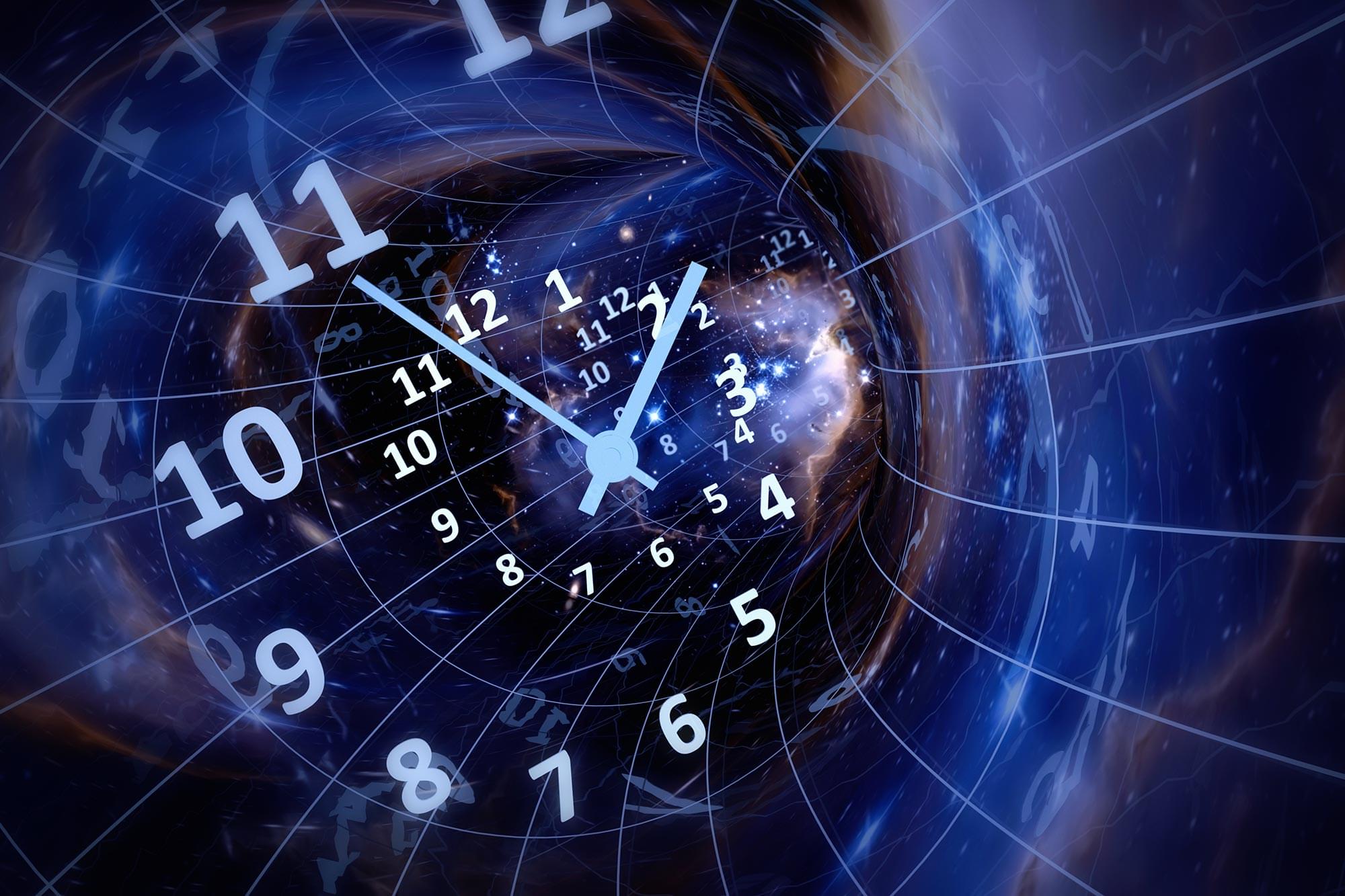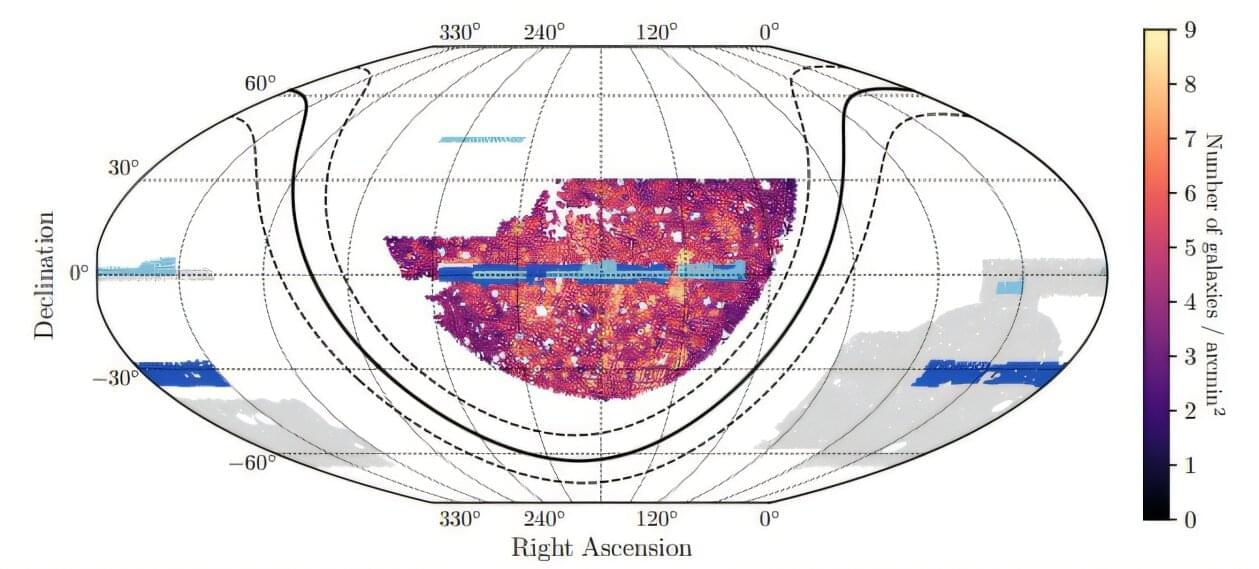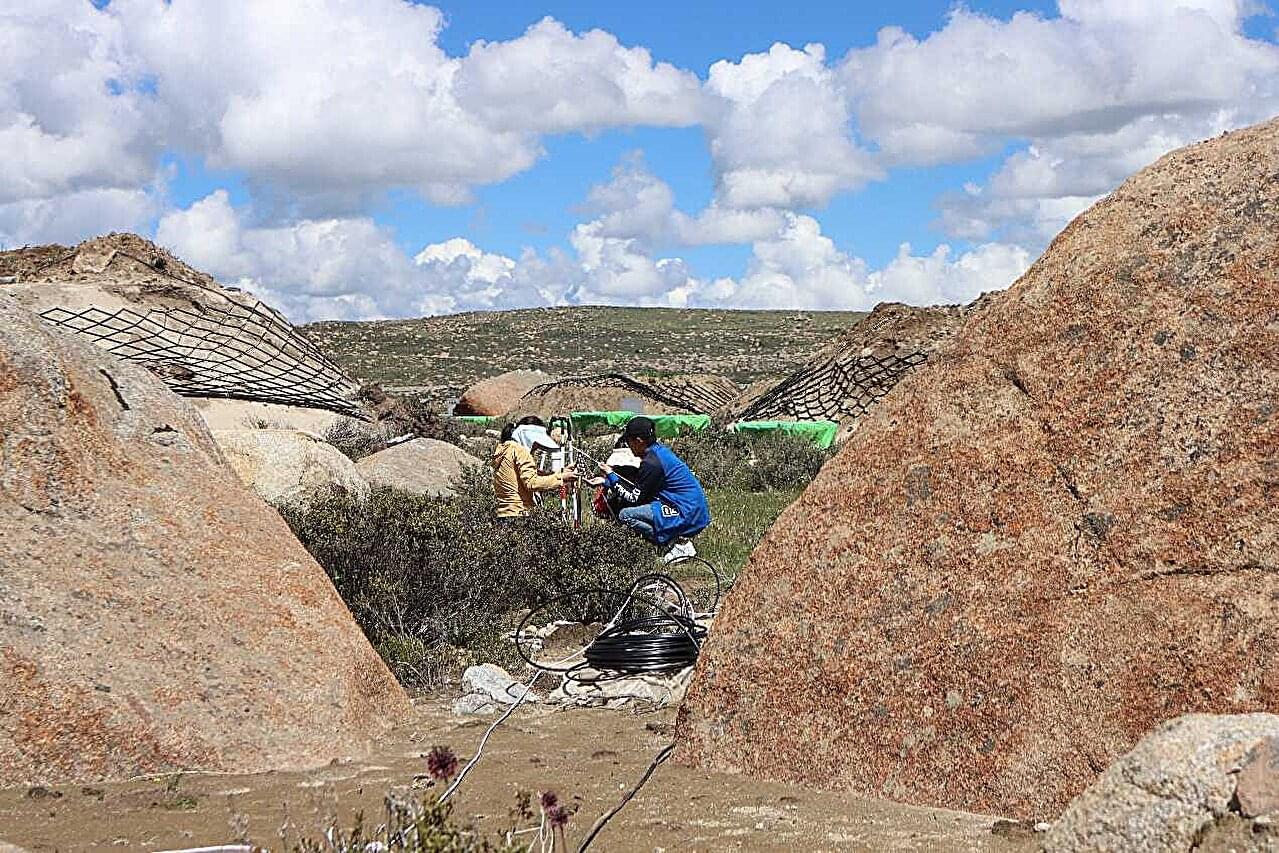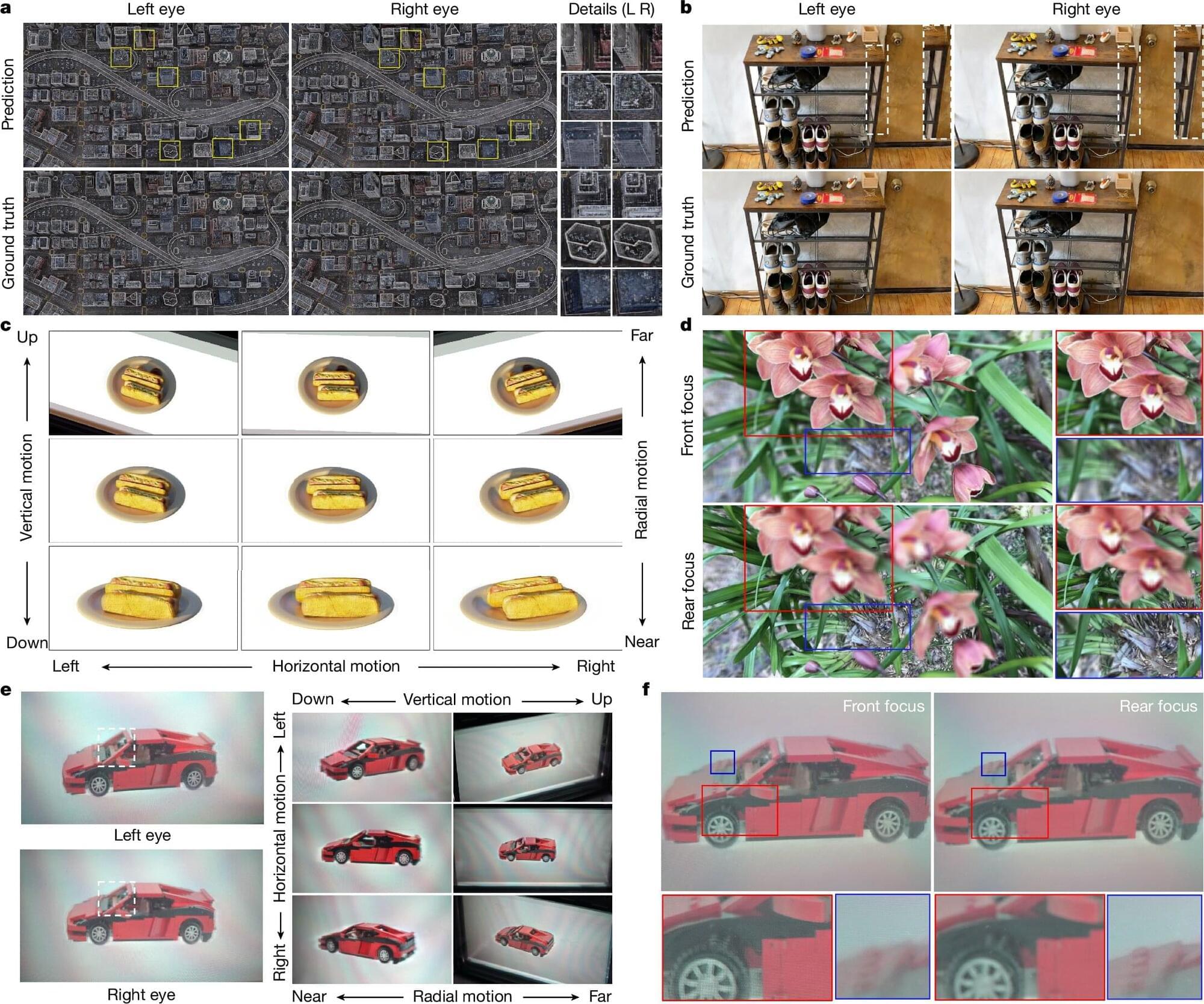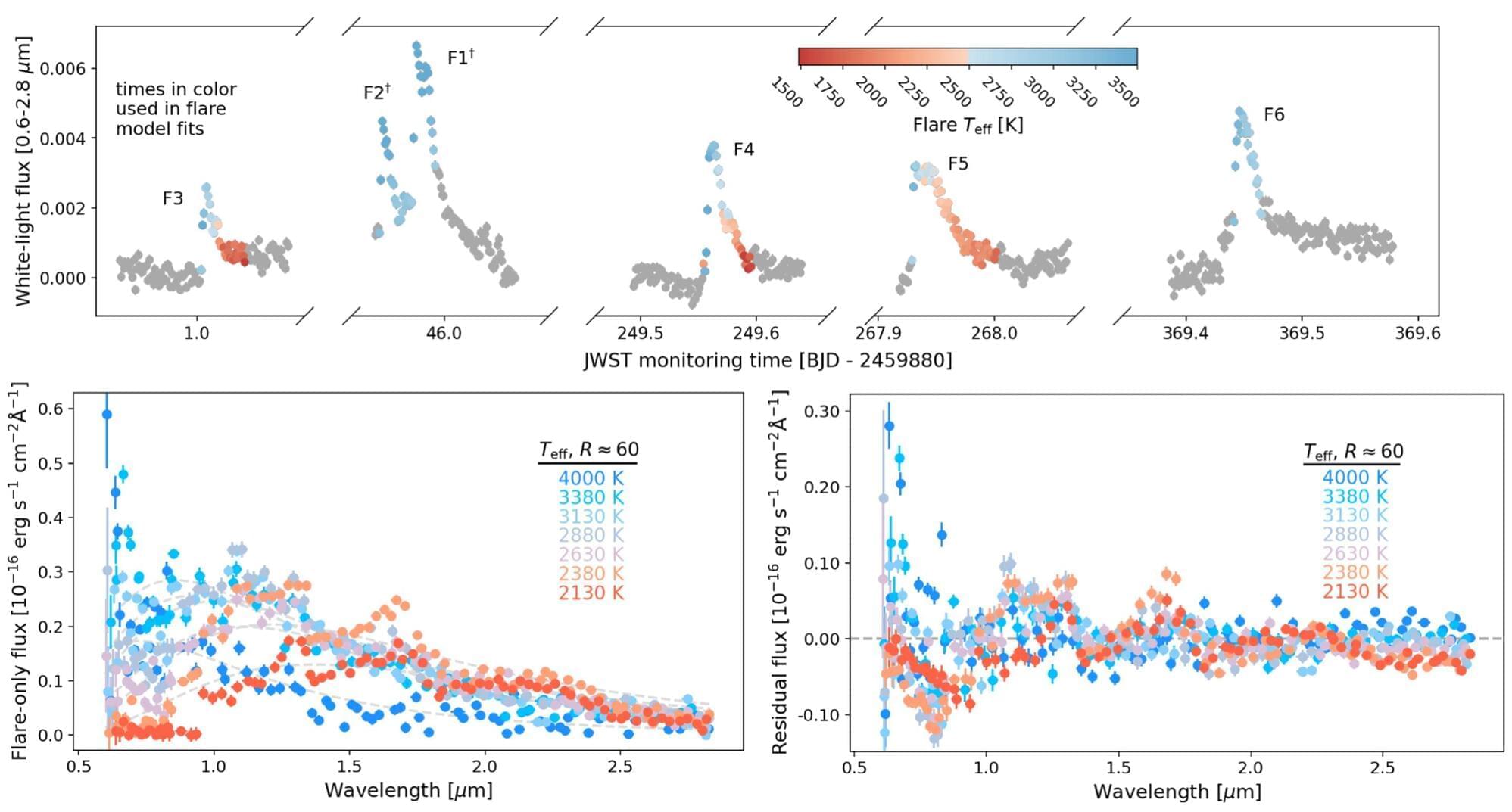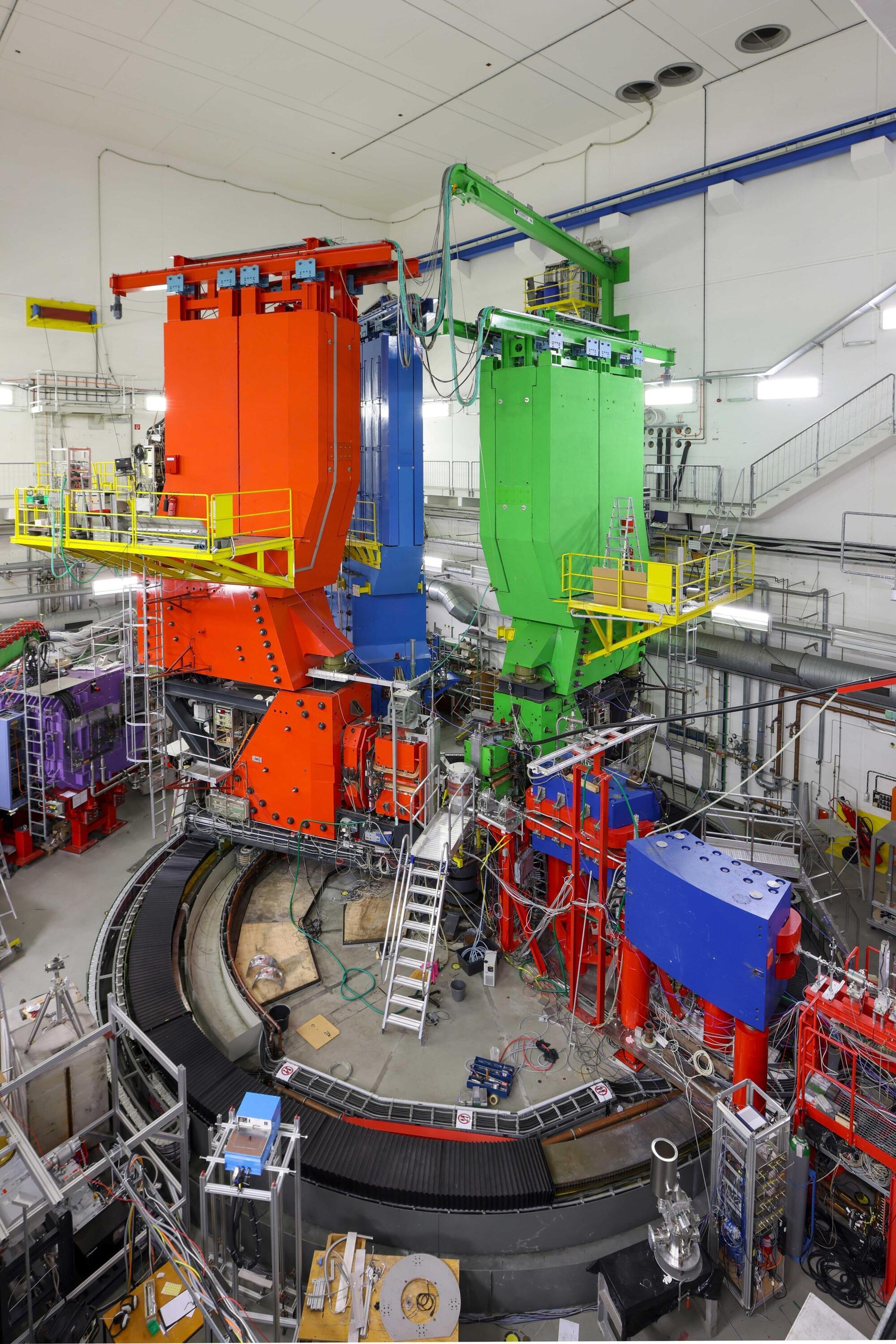.
Electric Propulsion Study https://apps.dtic.mil/sti/tr/pdf/ADA227121.pdf
This Electric Propulsion Study confirms the controversial Biefield-Brown Effect was taken extremely seriously by the US Aerospace/Defense sectors as a highly feasible method for exotic, next generation propulsion systems that utilise field propulsion through electromagnetic-gravitational wave coupling. This document was prepared by Science Applications International Corporation (SAIC) for the Astronautics Laboratory (AFSC) Air Force Space Technology Center, Space Systems Division, Air Force Systems Command.
Read the full PDF here.
https://apps.dtic.mil/sti/tr/pdf/ADA2… Early Access to Content & Our Private Discord Server / projectunity Buy Me A Coffee (Support Project Unity) https://buymeacoffee.com/projectunity Support us with a donation through PayPal https://www.paypal.com/paypalme/Proje… Follow us on X
/ theprojectunity Contact Jay Jay. [email protected].
Gain Early Access to Content & Our Private Discord Server.
